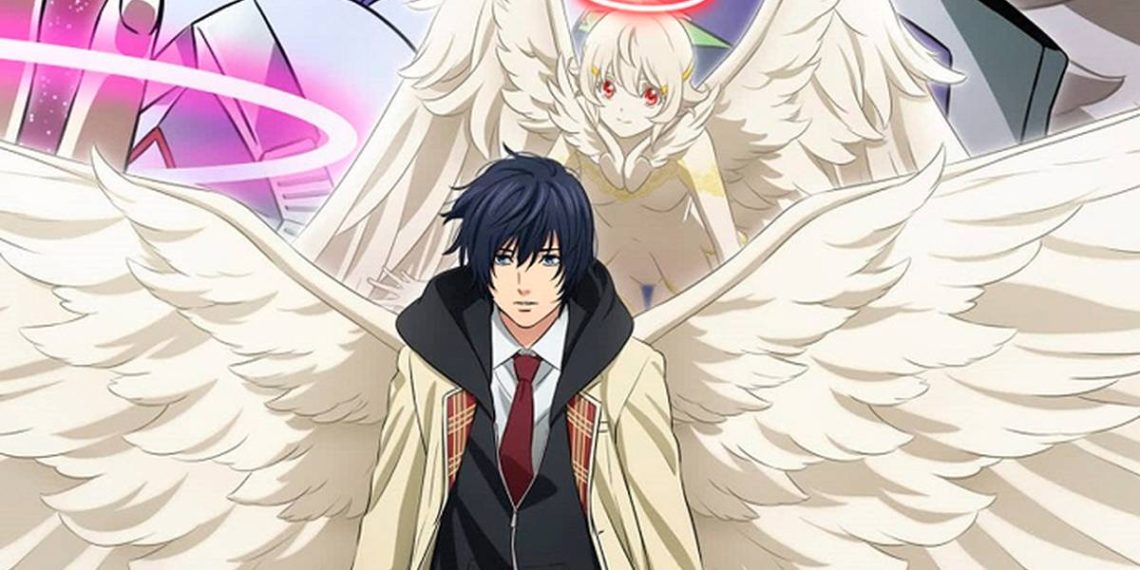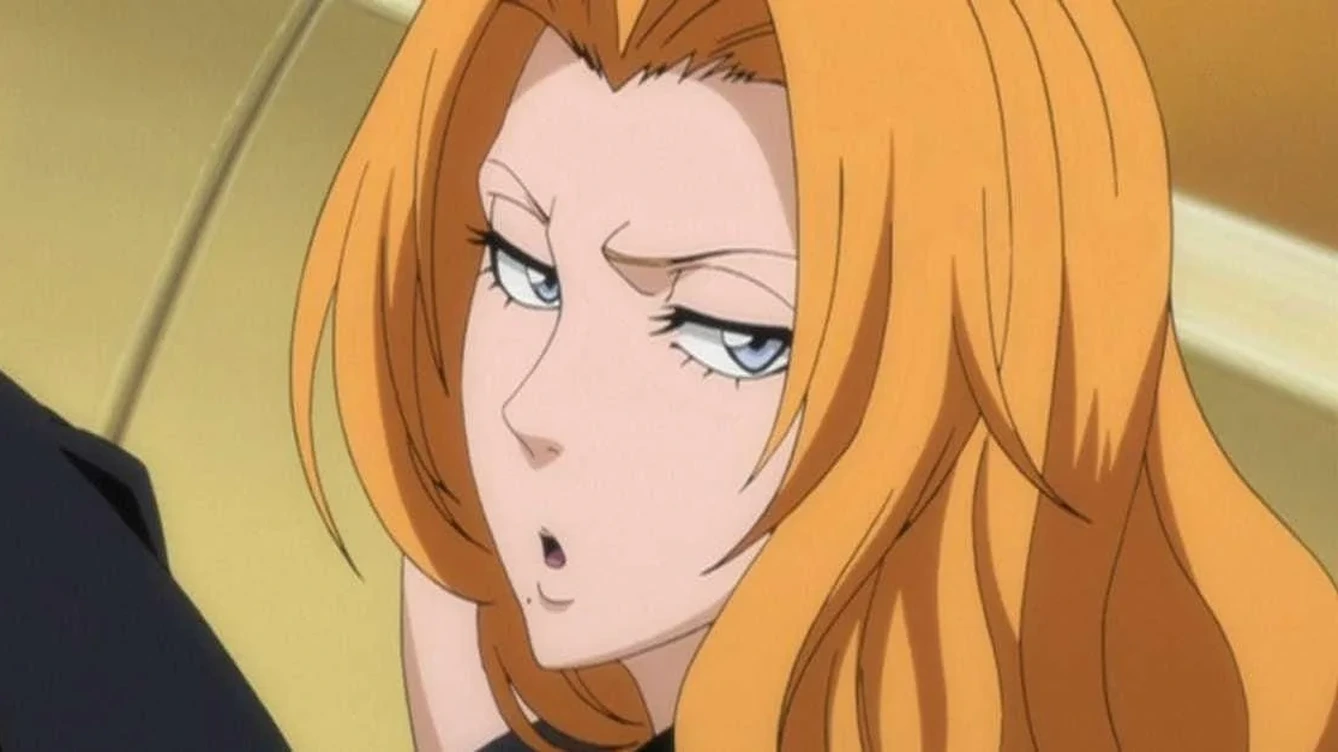Platinum End is an anime series that presents an intriguing mix of psychological drama, supernatural elements, and intense moral dilemmas. Created by Tsugumi Ohba and Takeshi Obata, the same duo behind the globally renowned Death Note, Platinum End explores what happens when a group of individuals is granted supernatural powers to compete for the ultimate prize: becoming the next God. The series is known for its dark themes, complex characters, and unpredictable narrative that keeps viewers on edge.
Set against a backdrop of despair and hope, Platinum End raises profound philosophical questions about life, death, and the true meaning of power. Whether you are a fan of psychological thrillers or supernatural anime, this series promises to keep you engaged from start to finish. As with many great stories, Platinum End’s exploration of morality and the consequences of wielding immense power is both fascinating and unsettling. Let’s take a closer look at the plot, characters, and other key aspects of this anime that have drawn both intrigue and controversy.
What Is the Plot of Platinum End?
At the core of Platinum End lies a battle royale among twelve candidates chosen to become the next God. Each of these individuals is granted unique abilities by their respective angels, making them powerful but also vulnerable to the deadly game that unfolds. The series opens with Mirai Kakehashi, a young boy who is on the brink of suicide after losing both his parents. Just when he is about to end his life, an angel named Nasse appears and saves him, offering him the opportunity to participate in a battle to decide who will replace the current God.
The game is set in motion after the current God announces that he will be stepping down, and a successor is needed to take over his position. The candidates are not ordinary humans; they are each gifted with divine powers, thanks to the angels that accompany them. However, these abilities are not without a price. Each candidate has a set of rules they must follow to gain the power they desire, and failure to comply could result in devastating consequences.
Mirai’s journey is filled with personal growth, as he must navigate this deadly competition while struggling with his own moral compass. Throughout the series, he faces tough decisions that challenge his sense of right and wrong. As the stakes escalate, Mirai and the other participants grapple with questions about their motives, the purpose of their powers, and the consequences of becoming the next God.
Key Characters in Platinum End
Mirai Kakehashi
Mirai is the protagonist of the series. At the beginning of the anime, he is a troubled teenager with no will to live after enduring a traumatic childhood. He is saved by Nasse, the angel who grants him the ability to participate in the God selection battle. Mirai is characterized by his deep empathy and strong moral values, which frequently put him at odds with other candidates who are more ruthless in their approach. Throughout the series, Mirai’s journey becomes one of self-discovery as he learns the true meaning of hope and what it means to live.
Nasse
Nasse is Mirai’s angel and serves as his guide in the battle for God’s throne. She is kind and protective of Mirai, often acting as his moral compass. Her relationship with Mirai is unique, as she encourages him to embrace life while also advising him on how to use his powers. Nasse plays a crucial role in Mirai’s development, helping him navigate the challenges posed by other candidates.
Saki HanakagoSaki is one of the twelve candidates vying for the position of God. She is a kind-hearted and empathetic individual who, like Mirai, has suffered a tragic past. Saki’s strength lies in her ability to form emotional connections with others, which makes her a sympathetic character despite her involvement in the competition. Saki’s motivations are deeply personal, and she often finds herself questioning the morality of her actions.
Mukaido
Mukaido is another God candidate who is introduced as a more cynical and cold-hearted individual. He is ruthless and highly strategic in his quest for power, willing to do whatever it takes to win. Mukaido’s approach to the competition stands in stark contrast to Mirai’s, and his cold demeanor adds a layer of complexity to the narrative. He represents the darker side of the competition, where survival often means compromising one’s morals.
Rei and Kiyoshi
Rei and Kiyoshi are two additional candidates with distinct personalities and powers. While not as prominent as Mirai or Saki, these characters still play key roles in the story as they navigate their own paths toward the ultimate goal. Both characters have interesting backstories that contribute to the overall development of the plot.
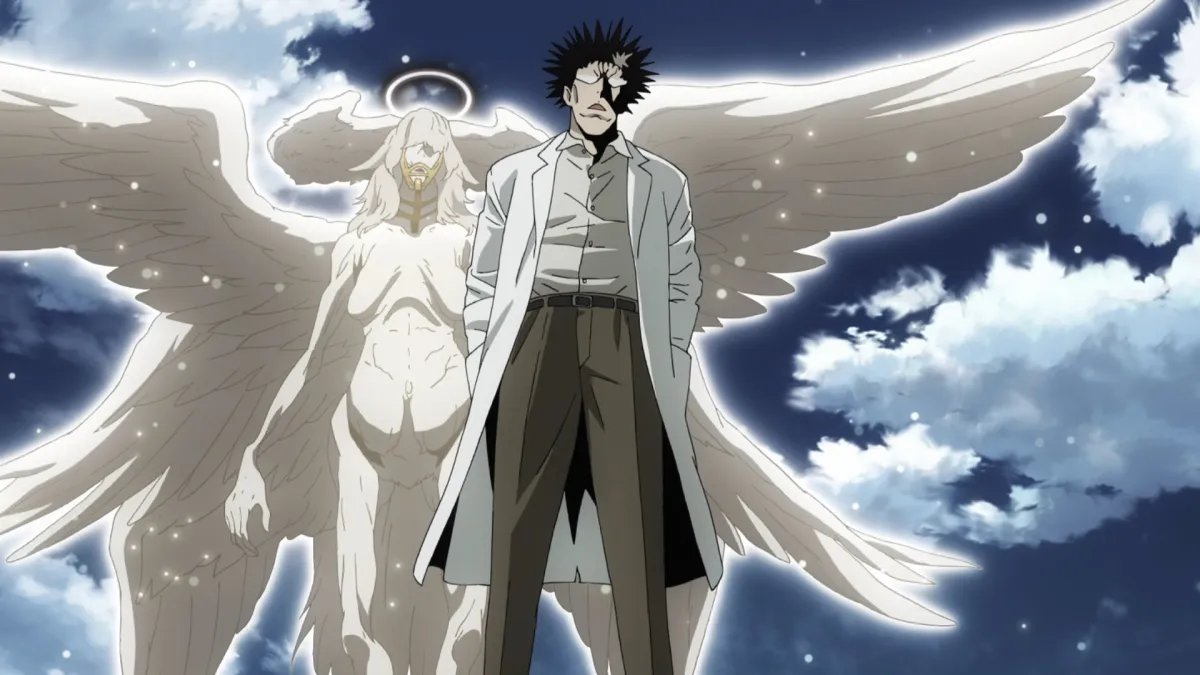
Supernatural Powers and the Role of Angels
One of the most fascinating elements of Platinum End is the presence of angels, who play an integral part in the story. Each candidate for God is paired with an angel that grants them a unique set of supernatural powers. These abilities are crucial to their survival in the battle for God’s throne, but they also come with limitations and challenges.
For example, Mirai’s angel, Nasse, gives him the ability to fly and shoot arrows that can control people’s emotions. However, Mirai is not the only candidate to possess such powers. Each candidate is granted different abilities, such as the power to heal, manipulate time, or create illusions. These powers add depth to the conflict, as the candidates must not only contend with one another but also figure out how to use their abilities strategically.
The role of angels in the series also introduces themes of divine intervention, free will, and fate. The angels serve as both guides and enforcers of the rules, but their true motivations are often unclear. The connection between the angels and their human counterparts raises questions about the nature of divine authority and the influence of higher powers on the choices people make.
Themes Explored in Platinum End
Morality and Power
A central theme in Platinum End is the moral complexity of power. As the candidates fight for the throne, they must wrestle with the consequences of their actions. Mirai, in particular, must decide whether to use his powers for personal gain or for the greater good. The series explores the idea that power is not inherently good or evil but is shaped by how it is used.
Life and Death
Another recurring theme is the value of life and the consequences of death. Mirai’s initial struggle with suicidal thoughts serves as a backdrop for his transformation throughout the series. As he faces the reality of his powers and the choices he must make, he grapples with the concept of life’s worth and the impact of death on those left behind.
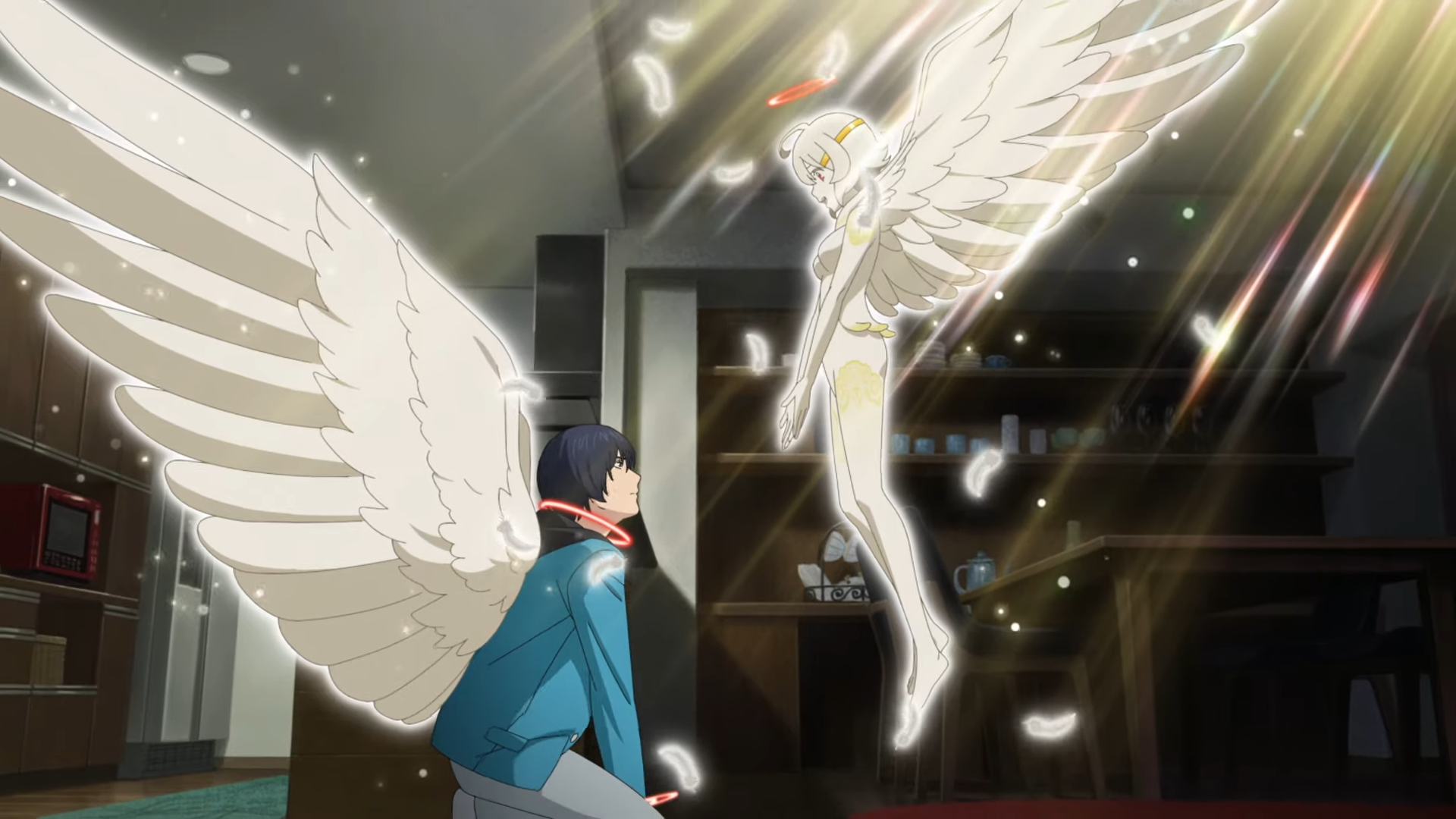
Human Nature
The anime also delves into human nature and the lengths to which individuals will go to achieve their desires. The competition for God’s throne brings out both the best and worst in the characters, revealing their true natures. Some seek power out of a desire for revenge, while others want to change the world for the better. Ultimately, Platinum End raises important questions about what motivates people to make decisions in extreme situations.
What to Expect from the Series
Platinum End offers a unique blend of supernatural intrigue, intense character development, and philosophical musings. The competition for the title of God is not just a battle of powers but a test of character and morality. With stunning animation, a compelling narrative, and a deep exploration of human emotions, the series provides a gripping viewing experience.
Whether you’re a fan of psychological thrillers, action-packed battles, or thought-provoking storytelling, Platinum End has something for everyone. As the story unfolds, viewers will witness moments of hope, despair, and redemption, all while contemplating the ultimate question: What would you do if you were given the power to become God?


